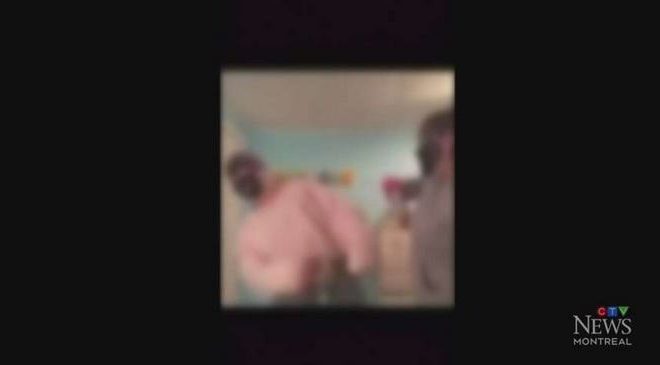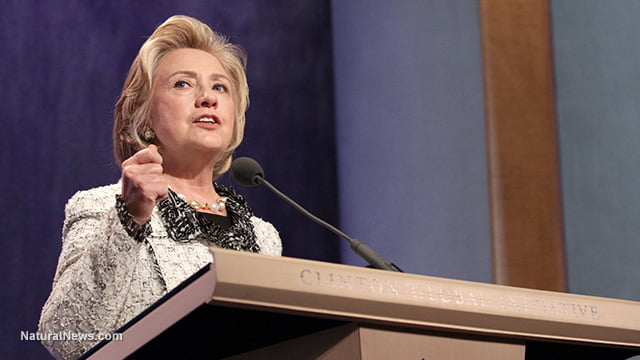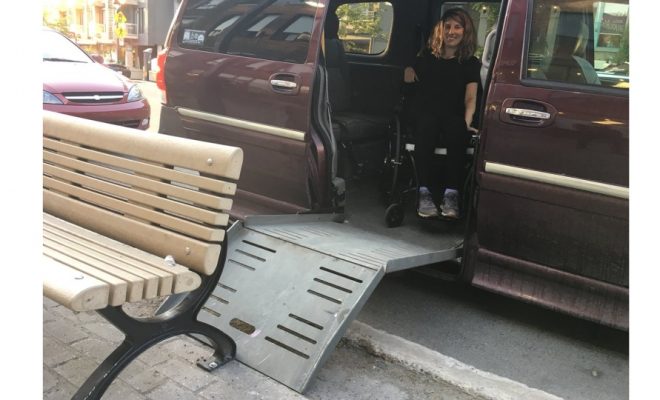‘You’re my slave’: Black Montreal teens say school is full of racial slurs

MONTREAL — After a video of two Montreal girls in blackface circulated on Monday, local adults reacted swiftly and with shock. People called it “disgusting” and “ignorant.” Some said they couldn’t imagine their own kids doing the same.
“I was horrified. Absolutely horrified,” said Tom Rhymes, the assistant director general of the Lester B. Pearson School Board, which oversees the West Island high school the two girls attended.
But Black teenagers at the same school say that while the video may have shaken many, it didn’t surprise them.
“In my school, when a white person says the N-word…the administration, the people around, they kind of ignore it,” said one teen girl.
“I’ve definitely heard the monkey stereotype,” she said. “They try to be funny, or it’s like ‘Oh, Black people are like monkeys,’ and then laugh it off, but it’s not funny.”
The school culture is rampant with overt racism, often disguised as jokes, Black students said. But the worst part is how they feel left to deal with it on their own, as teachers and administrators don’t seem to see the incidents as punishable offences.
The girl’s parents asked for her not to be named because they were worried about her safety.
‘THEY TALK ABOUT OUR HAIR, OUR CLOTHES, OUR CULTURE’
John Rennie high school in Pointe-Claire, which all the students attend, is “predominantly white,” the girl said. Various parents with children there said it had perhaps two to three dozen Black or mixed-race kids.
“They talk about our hair, our clothes, our culture,” the girl said. “I’ve heard things like we’re ‘cotton-pickers.’”
But her entire school experience has been like that, she said, since well before high school.
Once, in Grade 3, “when we were talking about slavery, I remember this specific time this white boy was ‘Oh, like get down on your knees—you’re my slave. Do what I ask you to do,’” she recalled.
“I remember the teacher heard it and she said ‘Don’t say that again.’ That’s all she said. She didn’t even report it, she didn’t bring it to the principal’s office, nothing.”
Her mother said her daughter used to come home crying about every second day in elementary school, talking about how the other kids said she was ugly. When her daughter came home at around age nine and asked to have her hair straightened, saying she “couldn’t take it anymore,” her mom found it heartbreaking, though she complied.
The mother also grew up in Montreal and recalls being spat at, having things thrown at her as she walked home, and called the same names.
“Watching my daughter still going through it today, it’s really frustrating,” she said, saying the board was failing at “integrating students into schools.”
Another Black girl who attended John Rennie said she’d also heard the so-called jokes about monkeys. “I have a bunch of DMs [direct messages on social media] with that, but I end up blocking everybody,” she said.
She said one time a Black student was even physically pushed around during an argument about the Black Lives Matter movement.
Both girls talked about something called “the N-word pass,” a teen trend they said exists at several schools in the area, not just theirs.
Getting the “pass” means “you can say the N-word if you’re white,” one girl explained. “You have to get it from a Black person, though.”
They both said white friends and acquaintances often harassed them to be their “Black friend” who would give out an “N-word pass.”
“Some people say once you get the ‘N-word pass’ you can keep it forever,” one girl explained. “Honestly, I do not support that at all. I do not support anybody using the N-word.”








